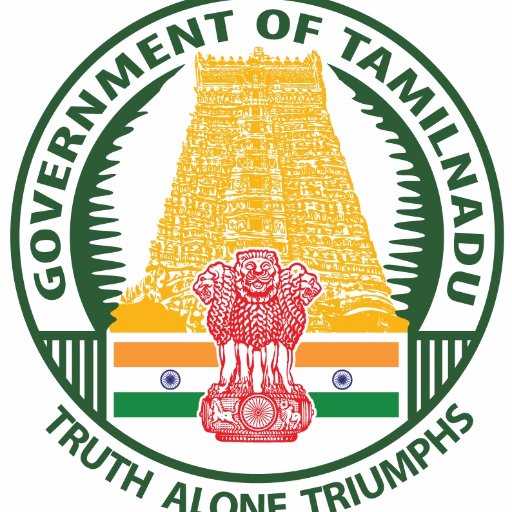Planning Commission to Revive PPP model with help from Infra ministry
 With public criticism towards Public-Private-Partnership (PPP) contracts gaining ground, the Planning Commission is gearing itself to revive the model. While admitting that there are flaws in the model, the Planning Commission chairman said that a meeting is being planned with infrastructure ministers. The objective of the meeting would be to address the dwindling confidence evinced in public contracts formed in partnership with private entities so as to make them a more reliable proposition.
With public criticism towards Public-Private-Partnership (PPP) contracts gaining ground, the Planning Commission is gearing itself to revive the model. While admitting that there are flaws in the model, the Planning Commission chairman said that a meeting is being planned with infrastructure ministers. The objective of the meeting would be to address the dwindling confidence evinced in public contracts formed in partnership with private entities so as to make them a more reliable proposition.
A panel would be formed with the purpose of moving a cabinet note on a draft law. The panel will look into disputes associated with government projects with the objective of resolving them. The Planning Commission will hold meetings with the secretaries of all infrastructure ministries like road transport, power, railways, urban development, highways, shipping and aviation so as to discuss measures by which confidence in PPP projects can be restored.
The Planning Commission has identified seven areas in which it will have to work in conjugation with the infrastructure ministries so as to revive PPP projects. With this motive in mind, the ministries were advised to form monitoring mechanisms within dedicated PPP cells. The commission was requested by the Prime Minister’s Office (PMO) to draft a dispute resolution Bill for large public contracts. Suggestions on the commission’s draft dispute resolution Bill were received from secretaries, arbitrary bodies, lawyers and experts, following which the commission will look to float a cabinet note.
As per the updated data available with the Construction Industry Development Council, which is an industry lobby set up by the Plan panel, government finance which has got stuck due to disputed claims of public projects has increased from Rs.54,000 crore in 2001-02 to Rs.1.35 trillion in 2009-10. A judicial tribunal would be set up as proposed by the commission’s draft to resolve disputes in public contracts. To ensure than the judicial process is shorter, the judicial tribunal will require to process the cases within six months. Appeals to the decision of the tribunal can be made only at the Supreme Court.
Inspite of state governments across the country bringing in more private players across sectors, the PPP model for infrastructure projects has been raked in controversy. An instance of this can be seen in the case of Reliance Infrastructure with regards to its special purpose vehicle, Delhi Airport Metro Express Pvt Ltd. The operation of this vehicle was stopped by Reliance on the Delhi Airport Metro Express Line blaming the Delhi Metro Rail Corporation (DMRC) of failing to rectify defects that were identified in the civil structure that was designed and built by DMRC.
Another case in which the PPP model failed to deliver was in the case where GMR Infrastructure Ltd and GVK Power and Infrastructure Ltd decided to quit the highways projects that they had bid for earlier citing that necessary government clearances were not obtained in time, thereby making the projects unattractive to them. Similarly, only 1,321 kms of road projects could be awarded last year by the Roads ministry against the 9,500 kms which were targeted through PPP models. This was due to the fact that many private players had backed out from projects due to the economic slowdown.
Though experts believe the PPP model is flawed, the Plan panel feels that discrepancies need to be ironed out with regards to project management and discipline with ministerial divisions for the model to be effective.







